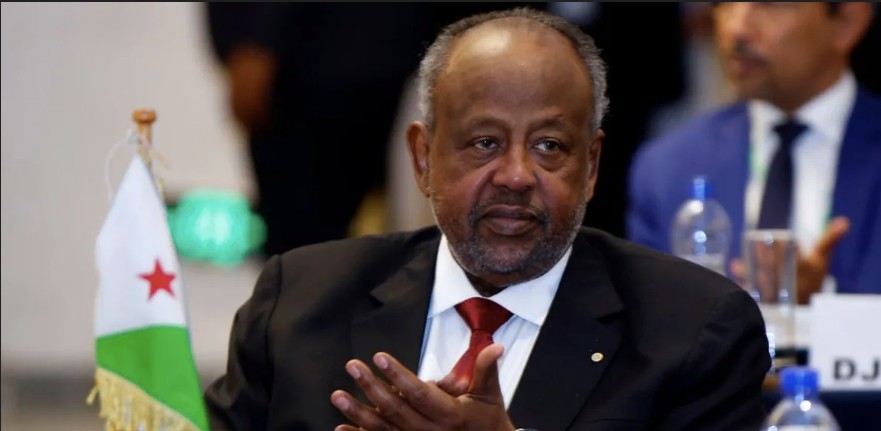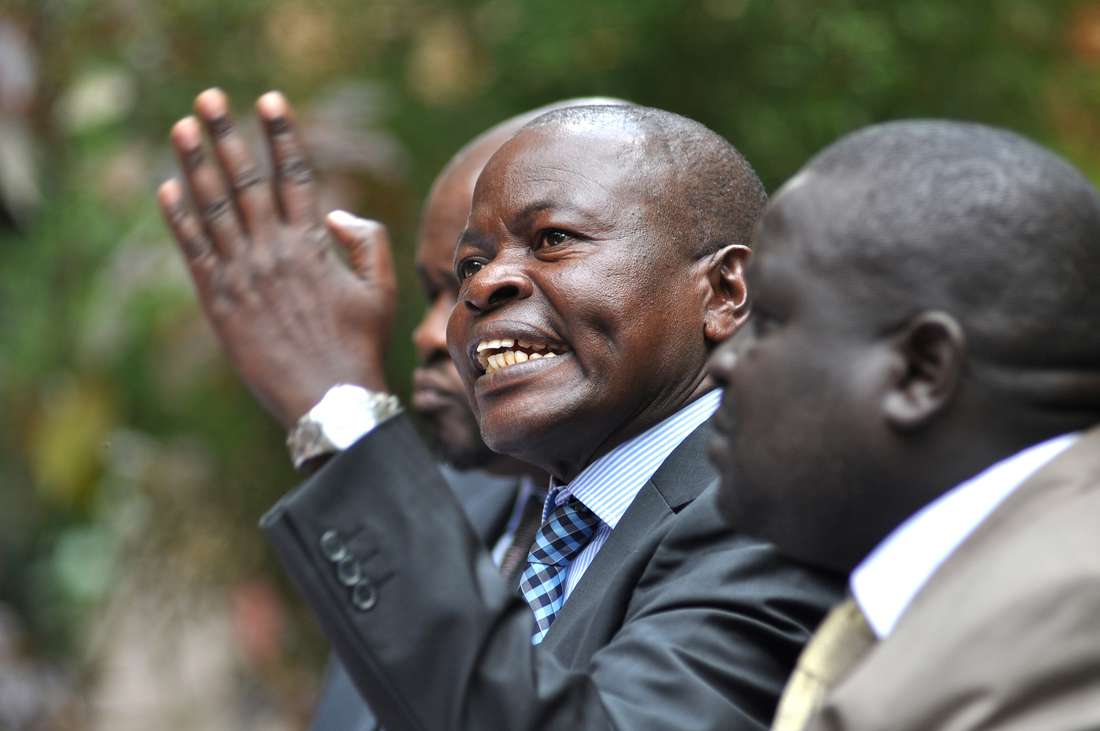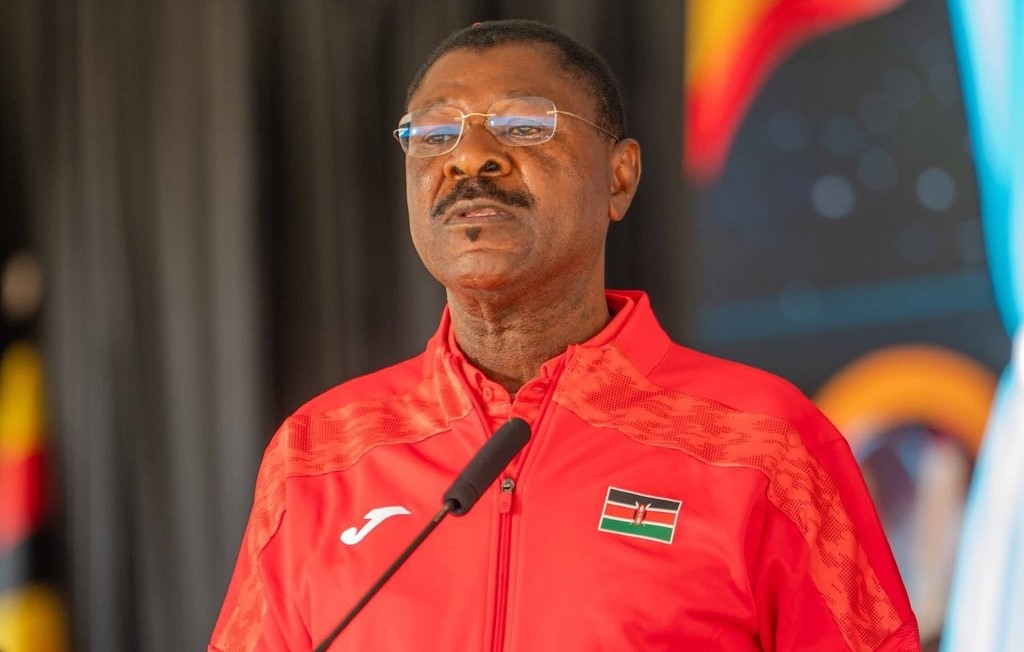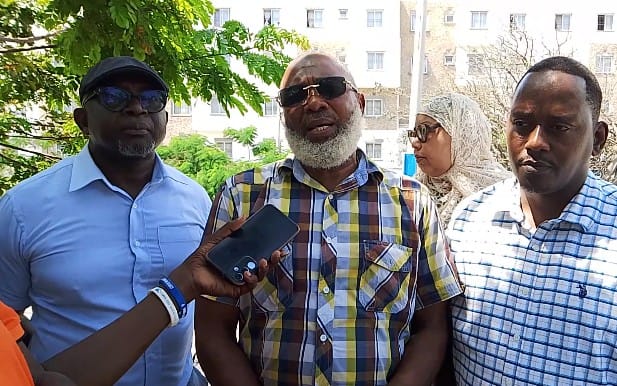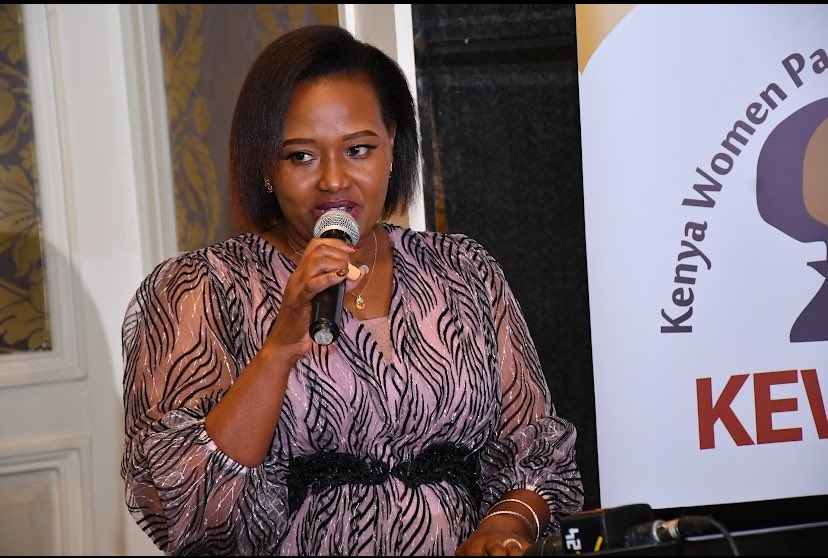IEBC's mass voter registration drive targets 6.3 million new voters ahead of 2027 General Election
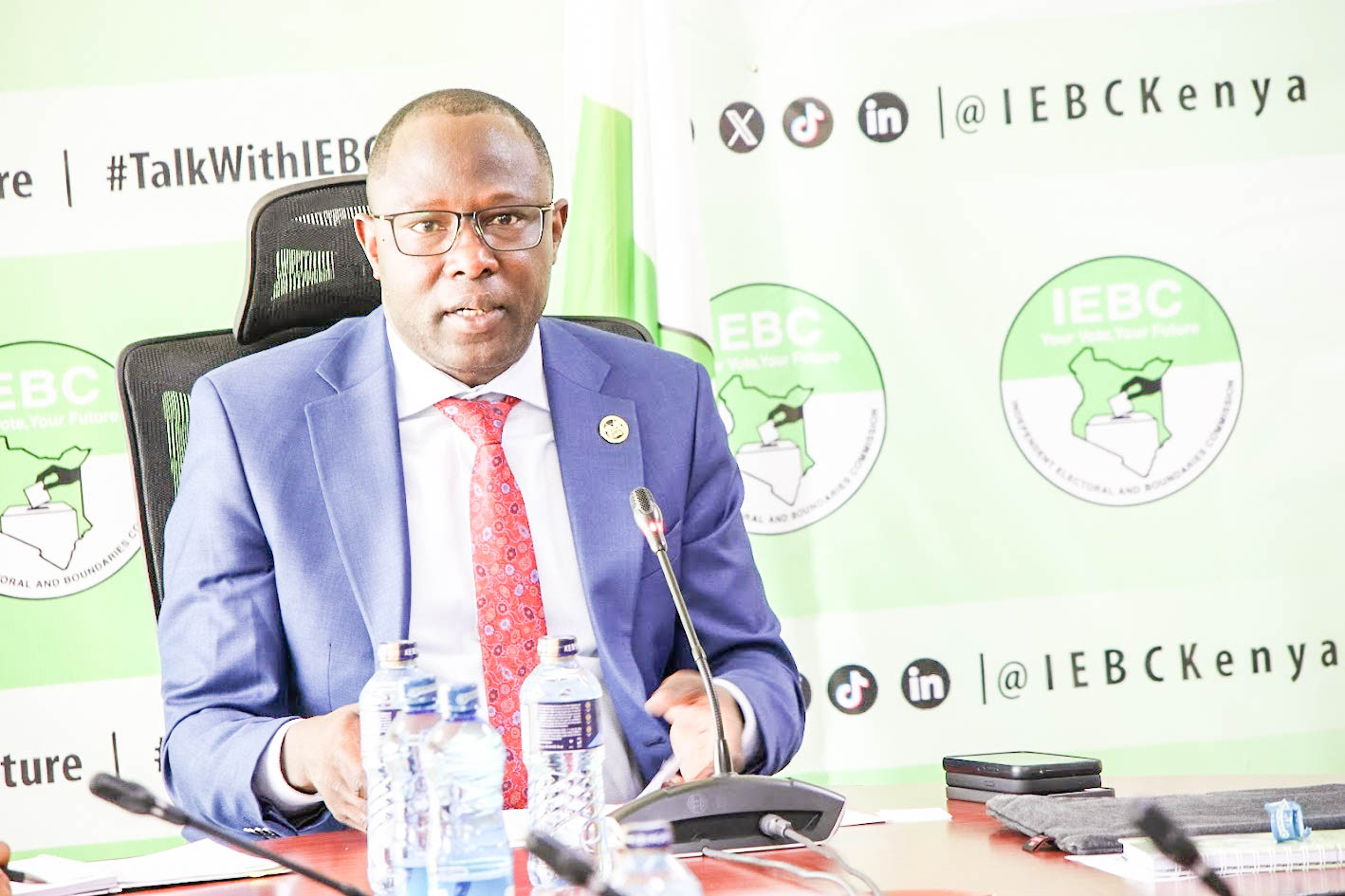
The exercise comes amid rising political tension, with the Opposition seeking proof of constitutional compliance in the Commission’s procurement processes.
The Independent Electoral and Boundaries Commission (IEBC) will from Monday, September 29, 2025, begin a nationwide mass voter registration drive aimed at enlisting an estimated 6.3 million new voters, primarily young people, ahead of the 2027 General Election.
The exercise comes amid rising political tension, with the Opposition seeking proof of constitutional compliance in the Commission’s procurement processes.
More To Read
- Full implementation of NADCO report puts UDA–ODM pre-election alliance under pressure
- Why voter registration in by‑election zones will resume after 28 days
- Church leaders warn of by-election violence ahead of 2027 polls
- IEBC urges media to report factually amid election scrutiny
- Saboti MP Caleb Amisi warns ODM may not survive 2027 after by-election struggles
- Political storm erupts as Jubilee, DAP-K accuse rivals of orchestrated violence in by-elections
IEBC Chairperson Erastus Ethekon said the drive will expand the current 22.1 million-strong voter register.
“Our projection of the 6.3 million new voters is not based on census data, as in the past, but on records from the National Registration Bureau. Based on this, we anticipate registering all Kenyans who will have attained the voting age of 18 by the time of the exercise,” he said.
The registration campaign will roll out in all 290 constituencies, with the first launch taking place in Kajiado. All Huduma Centres and voter registration stations will be open Monday to Friday, from 8 am to 5 pm, allowing citizens to register as new voters, update their details, transfer registration, or verify voter information online.
Ethekon noted that the commission has budgeted Sh8 billion of the total Sh57.3 billion earmarked for the 2027 elections to support continuous voter registration, while Sh2.5 billion will go toward stakeholder engagement. Replacement of ageing KIEMS kits will consume Sh7 billion, with system maintenance allocated Sh2.4 billion.
The drive has drawn the attention of both political parties and analysts, who see the youth, particularly Generation Z, as a decisive force in the upcoming elections. Opposition leaders, including Democratic Action Party-Kenya (DAP-K) leader Eugene Wamalwa, have urged the youth to register and participate fully in the electoral process.
“Saying ‘one term’ alone is not enough. Getting IDs and registering as voters beginning Monday is the only way we can make ‘one term’ a reality,” he told a gathering at PLP leader Martha Karua’s National Delegates Conference.
Former Deputy President Rigathi Gachagua also emphasised the importance of registration, stating, “What you are doing on smartphones is good, but the real transformation will happen at the ballot box. The vote is your tool of change. You must register and use it to help restore this country.”
Former Vice President Kalonzo Musyoka reinforced this message, urging youths to obtain IDs and register to vote.
Political analysts predict that the youth could determine the outcome of the 2027 elections, noting that for the first time in decades, a generational shift at the ballot box could outweigh traditional tribal voting patterns.
“For the first time in decades, an election may be decided not by tribal numbers but by a generational uprising at the ballot. If Gen Z turns out in large numbers, they could shape Kenya’s political landscape entirely,” Prof Tom Nyamache, a political analyst at Turkana University, said.
The IEBC has, however, faced criticism over preparedness, particularly from the Opposition, which has requested records showing due diligence in procurement, including dealings with Smartmatic and other technology providers. In response, Ethekon said the commission has addressed key concerns, especially regarding data protection and developed policies to guide operations.
The Commission’s records show that youth participation has been significant in past elections. An August 2022 post-election review indicated that eight million youths were registered ahead of the last polls, accounting for 40 per cent of all registered voters. However, voter apathy was high, with only 14.3 million out of 22.1 million registered voters casting ballots, a factor cited by analysts as pivotal in President William Ruto’s narrow victory margin of approximately 200,000 votes over then Former Prime Minister Raila Odinga.
Eligible voters must be Kenyan citizens aged 18 and above, possess a valid national ID or passport, and not be previously registered. Those convicted of election offences in the past five years or declared of unsound mind are ineligible. While the Commission encourages diaspora registration, only passports will be accepted for voters abroad, except for East African-based Kenyans who may use national IDs.
“A credible register is central to free and fair elections, and every citizen’s participation strengthens democracy,” Ethekon said, emphasising the importance of youth participation in shaping the country’s future.
Top Stories Today



